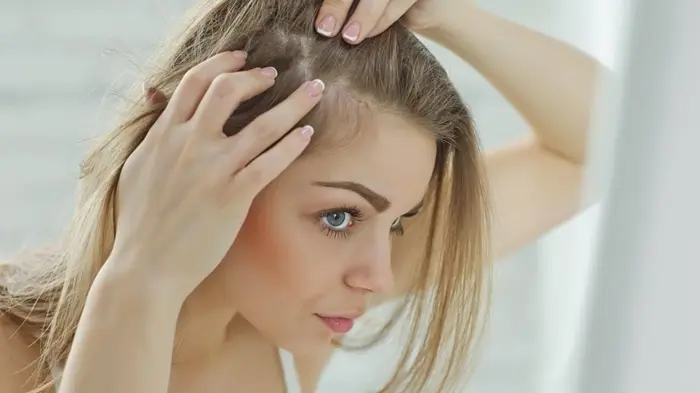Hair transplantation is a popular and effective solution for individuals experiencing hair loss. The procedure involves transplanting hair follicles from one part of the body, typically the back or sides of the scalp, to the balding or thinning areas. While the results can be life-changing, it is crucial to follow post-operative care instructions to ensure optimal outcomes. This article outlines ten important things to note after hair transplantation to help you achieve the best results.
1. Follow Your Surgeon’s Instructions
Importance of Adhering to Guidelines
Your surgeon will provide specific post-operative instructions tailored to your procedure. Adhering to these guidelines is essential for a smooth recovery and optimal hair growth.
Medication and Care Routines
Follow the prescribed medication regimen, including antibiotics and anti-inflammatory drugs. Additionally, use any recommended topical treatments to aid in the healing process.
2. Avoid Touching or Scratching the Transplanted Area
Risks of Touching
Touching or scratching the transplanted area can dislodge the newly transplanted grafts, leading to poor results and potential infection.
Tips to Avoid Touching
Keep your hands away from your scalp and use a soft pillowcase to reduce irritation during sleep. If itching occurs, consult your surgeon for appropriate remedies.
See Also: 8 Things You Should Avoid Before A Hair Transplant
3. Sleep with Your Head Elevated
Importance of Elevation
Sleeping with your head elevated helps reduce swelling and minimizes the risk of damaging the grafts.
Recommended Sleeping Positions
Use multiple pillows or a recliner to keep your head elevated at a 45-degree angle for the first few nights after the procedure.
4. Avoid Strenuous Activities
Impact of Physical Activities
Engaging in strenuous activities can increase blood flow to the scalp, leading to swelling and potential graft displacement.
Recommended Rest Period
Avoid vigorous exercises, heavy lifting, and bending over for at least two weeks post-surgery. Gradually reintroduce physical activities as advised by your surgeon.
5. Protect Your Scalp from Sun Exposure
Risks of Sun Exposure
Direct sun exposure can harm the healing scalp and affect the newly transplanted grafts.
Protective Measures
Wear a loose-fitting hat or use a sunscreen with a high SPF to shield your scalp from the sun. Avoid prolonged exposure during peak sunlight hours.
6. Be Gentle When Washing Your Hair
Importance of Gentle Washing
Proper washing techniques are crucial to prevent damage to the grafts and promote healing.
Washing Instructions
Use a mild, sulfate-free shampoo and gently rinse your scalp with lukewarm water. Avoid rubbing or massaging the transplanted area. Pat dry with a soft towel.
7. Avoid Smoking and Alcohol
Effects of Smoking and Alcohol
Smoking and alcohol can impair blood flow and hinder the healing process, negatively impacting the success of your hair transplant.
Recommended Abstinence Period
Refrain from smoking and consuming alcohol for at least a week before and two weeks after the procedure. Consult your surgeon for specific recommendations.
8. Monitor for Signs of Infection
Recognizing Infection
Infections can compromise the healing process and the success of the hair transplant.
Symptoms to Watch For
Be vigilant for signs of infection, such as increased redness, swelling, pain, or discharge from the surgical site. If you notice any of these symptoms, contact your surgeon immediately.
9. Be Patient with Hair Growth
Understanding the Hair Growth Timeline
Hair growth after a transplant is a gradual process, and it is essential to have realistic expectations.
Timeline of Hair Growth
The transplanted hair may fall out within the first few weeks, which is normal. New growth typically begins within three to four months, with noticeable improvements after six to nine months. Full results can take up to a year or more.
10. Attend Follow-Up Appointments
Importance of Follow-Up Care
Regular follow-up appointments with your surgeon are crucial for monitoring your progress and addressing any concerns.
What to Expect During Follow-Ups
Your surgeon will assess the healing process, provide additional care instructions, and discuss any necessary touch-up procedures to ensure the best results.
Scheduling Follow-Up Visits
Adhere to the scheduled follow-up visits and keep an open line of communication with your healthcare provider for any post-operative questions or concerns.
Conclusion
Post-operative care is vital for the success of a hair transplantation procedure. By following these ten key guidelines, you can enhance your recovery, minimize complications, and achieve the best possible results. Always consult with your surgeon for personalized advice and instructions tailored to your specific needs. Remember, patience and adherence to post-operative care are essential for a successful hair transplant journey.
Related topics:

